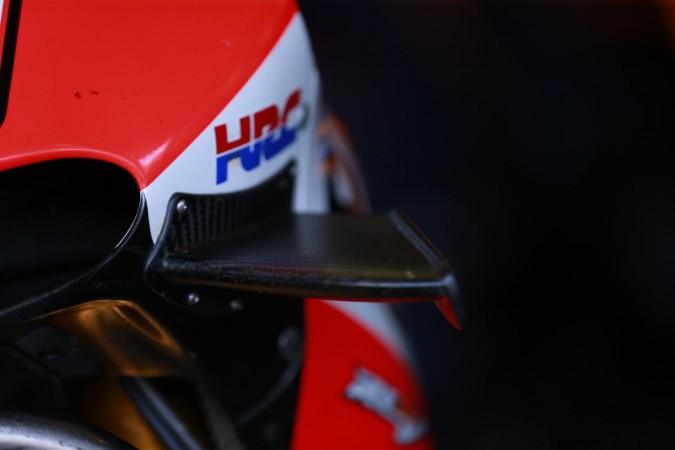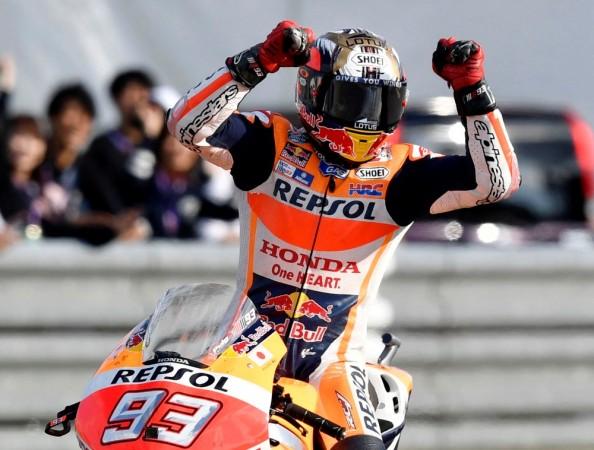
The 69th MotoGP season is ready to kickoff with the first round, Grand Prix of Qatar at Losail International Circuit, on March 26. According to a list by Dorna Sports and Federation of International Motorcycling (FIM), 2017 will have 18 rounds. After races in 15 countries, the season will culminate at Comunitat Valenciana Ricardo Tormo Circuit in Valencia, Spain on November 12. There are three sets of back-to-back weekend races and one three-races-in-three-weekends stretch.
Also read: Full list of MotoGP 2017 teams and riders after lots of reshuffling for new season
The new season will also see many drivers switching teams and the introduction of new teams. There are graduates from Moto2, riders coming back to the championship from other series as well as riders in the championship for over 15 years. All these assure a lot of action for the new season of MotoGP. We have listed out eight reasons that confirm that the 2017 season will be exciting to watch.
1. Jorge Lorenzo's switch to Ducati Team from Yamaha
Triple world champion Jorge Lorenzo has moved to Ducati Team from Yamaha, where he won 44 races in nine seasons. The 29-year-old Spaniard has taken the biggest risk of his racing career by switching to a new team after his nine-year stay in the Yamaha camp. Judging by his preliminary outing at Valencia, he looks more focused in his new team.
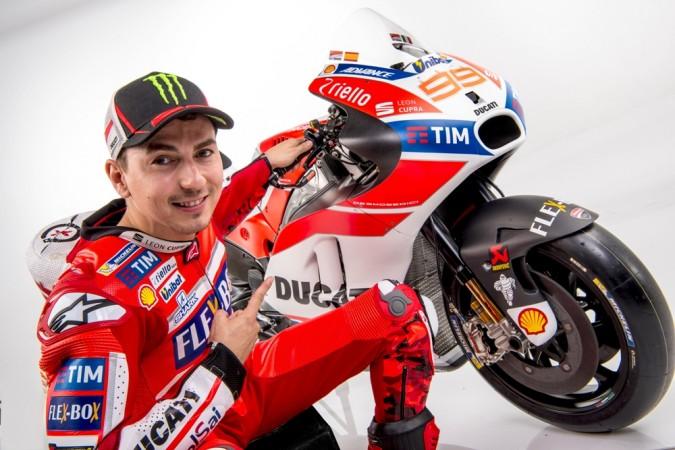
2. Maverick Vinales to Movistar Yamaha
Exit of Jorge Lorenzo resulted in 22-year-old Spanish rider Maverick Vinales coming on board from Ecstar Suzuki camp. In the 2016 season, Vinales impressed one and all with a win for the team -- a first since 2007. He finished fourth in the 2016 season behind Marc Marquez, Valentino Rossi and Jorge Lorenzo. He continued momentum in the pre-season testing and that means, he is a potential threat to the well-known riders.
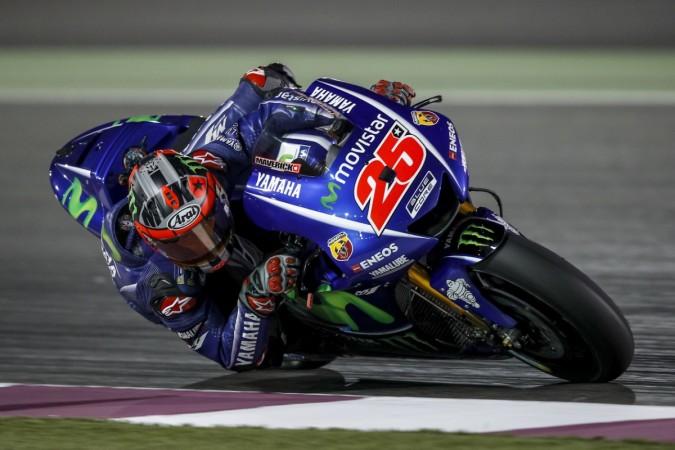
3. Valentino Rossi in his 18th MotoGP season
The Doctor entered the premier class in 2000 and has since won seven titles, most recently in 2009. The 37-year-old Italian has finished with runner-up trophies in the last three years. He will be eyeing his eighth title in the 2017. Many reports say the Italian may retire after the 2017 season. If that's the case, he will try to end his career on a high note.
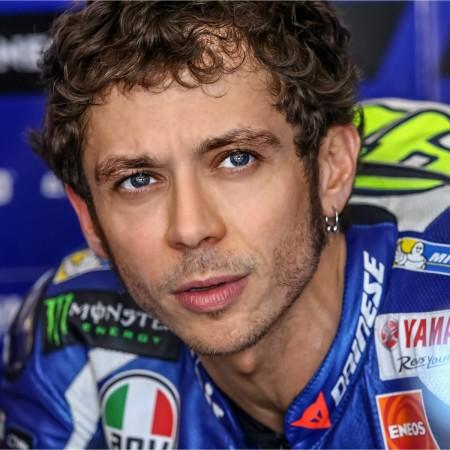
4. Entry of Red Bull KTM Factory Racing
The only new team for the 2017 season is the Red Bull KTM Factory Racing. The Austria-based team is stepping to elite class of FIM motorcycle race after years in 125cc Moto3 series. Red Bull KTM have roped in Bradley Smith and Pol Espargaro from Monster Yamaha Tech 3 for its maiden season. Arrival of KTM is expected to tighten the race.
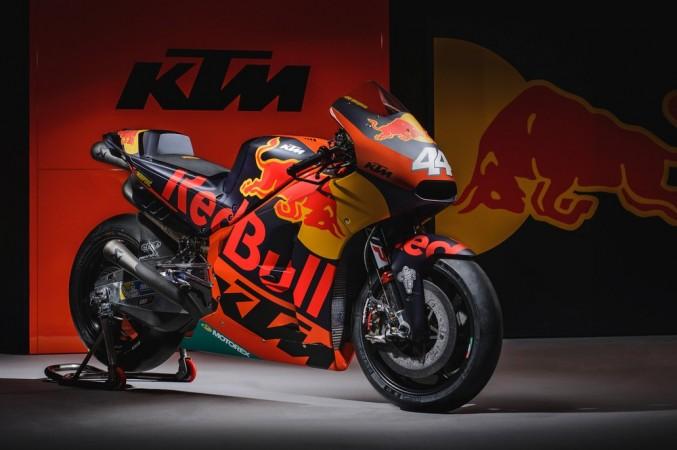
5. Six factory teams since 2004
The last time six bike manufacturers raced in the MotoGP was in 2004. For the new season, there are six manufacturers competing against each other -- Honda, Yamaha, Suzuki, Ducati, Aprilia and KTM. What it essentially means is there is no room for error and progress will be rapid. Winning the triple crown -- rider, team, and manufacturers championship -- is not going to be an easy task for any manufacturer.
6. New riders
The new season will also see new talents on the grid stepping up from the lower classes. Alex Rins, Johann Zarco (2016 Moto2 Champ), Sam Lowes and Jonas Folger will be stepping up to the premier class this season. Rins will make his MotoGP debut with Suzuki. Lowes, who finished 5th overall in Moto2 last year, will be riding for Aprilia Gresini, while Monster Yamaha Tech 3 Team consist of Moto2 veterans Folger and Zarco.
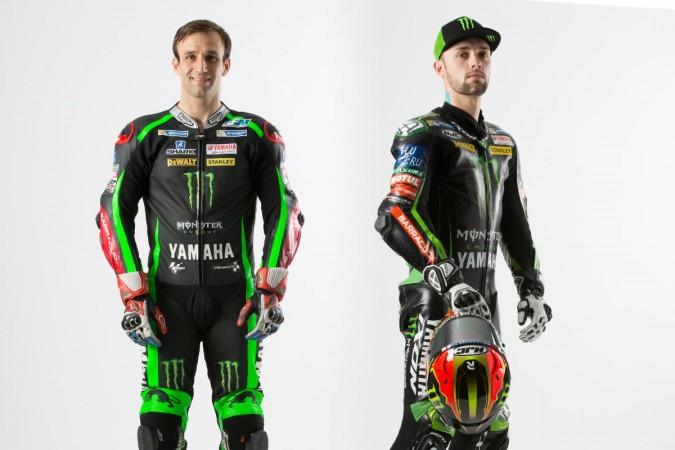
7. Michelin tyres for second season
The 2017 MotoGP season is Michelin's second season as the official tyre sponsor and supplier for the premier class. Last season saw many crashes as a result of the new tires. For 2017, Michelin have used ample amount of data from 2016 to come up with the best rubbers. Michelin claims 2017 will see more of a final product in contrast to 2016's tyre that was more of a constantly evolving work.
8. Good bye Winglet
Aerodynamic winglets are banned for the 2017 season. The winglets generates more downforce that helps resist the natural tendency of a motorcycle to wheelie under acceleration, which means less use of anti-wheelie electronics and more engine output. However, safety concerns have been raised about the possibility of injury if a winglet strikes a rider during crash. The ban has posed a new challenge for those whose winglets became an integral part of making their bike work to perfection.
